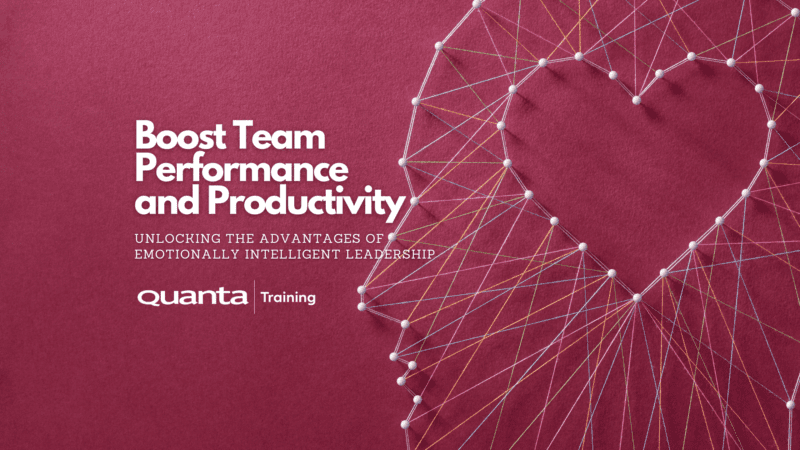Microsoft Project
Course Code: MS102PRJ


A complete guide to using this software tool to help project management & reporting
During this introductory hands-on course, delegates will learn how to utilise Microsoft Project to assist in the planning, monitoring, maintenance and control of projects. In addition they will also understand where Microsoft Project as a tool, fits within the management and support of a project. Crucially, we also cover recent developments where Microsoft are gradually moving more functionality away from the Desktop, and onto a web-based service, that can be consumed by Apple and Android tablets and smart phones.
This course is run on a private basis and each delegate needs to have access to Project Pro, the desktop app. In addition, it would be nice, but not critical, if each delegate also had access to both Project for the Web (The Power Platform app) and Project Online (the SharePoint app). Both these products are covered in the course, but if delegates do not have access to one or both of them, the trainer will simply demonstrate the products.
Book a Private Event
If you require the content of this event tailored or have around 7 or more people to train it maybe better for you to host a Private Event, please get in touch to discuss this.
Get in touchDescription
Who is this course for
Anybody working in a Project Support role, providing administrative support to Project Managers. The course also contains useful theory and practise for Project Managers looking to use Microsoft Project as a software tool in supporting their role and assisting with the planning and control of projects.
Purpose of the course
Our Microsoft Project course will give you the hands-on experience you need to confidently use the software tool to help support the management of a project. Although designed primarily for people in a project support function, the course does also incorporate various Project management techniques and theory which lends context to the use and benefits of Microsoft Project itself.
You will learn how to
- Understand some of the basic concepts of Project Management and of Planning a Project
- Use Microsoft Project to create and manage Calendars, Tasks and Resources
- Create Project Plans and Schedules, including Gantt Charts, Network Diagrams and Task dependencies
- Schedule Tasks and allocate resources (including identifying and resolving conflicts)
- Monitor project progress, customise your views and generate reports
- Import and Export data to and from Microsoft Project and sharing Project information
Prerequisites
A basic level of computer literacy and familiarity with Microsoft Windows and Office packages, though not essential, is highly desirable. As the course also takes delegates through the basic components of project planning, an understanding of the basic principles and concepts of project management would be useful, but again, not essential.Benefits for you as an individual
Once familiar with Microsoft Project, you will quickly come to realise how it can assist in the planning, maintenance and management of all aspects of running a project through its entire lifecycle. From the initial planning process, to resolving resource and scheduling conflicts, updating/amending plan components to running complex reports - MS Project does it all. As part of learning how to use MS Project, this course will give delegates an appreciation of basic Project Management concepts and terminology and increase understanding of how Projects work in the wider corporate environment.
Benefits for your organisation
Microsoft Project enables organisations to increase efficiency and optimise costs through unified Portfolio and Programme management of all their Projects. By having Project Managers and support personnel trained in MS Project, you allow for structured, consistent and comprehensive planning, maintenance, control and reporting across all projects within the organisation.
Introduction to Project Management
- What Makes a Project?
- Seven-Steps to Project Management
- Where does Microsoft Project fit in?
Microsoft Project Products
- Introduction to Microsoft Project Products
- Modern Project (P4W)
- P4W vs. PWA
- Future of P4W
- Tranistion from PWA to P4W
- Using Modern Project (P4W)
Using Microsoft Project
- A First Look
- Saving a Project File
- Additional Information
- Using Project Calendars
- Adding Tasks to the Plan
- Changing Views
Creating the Project Plan
- The Work Breakdown Structure
- Linking Dependent Tasks
- The Network Diagram
Time and Resource Management
- Estimating Task Durations
- The Critical Path
- Creating Project Resources
- Assigning Resources
- Resolving Resource Conflicts
Updating Project Plans
- Why Update?
- Comparing Project Plans
- Constraints, Deadlines and Milestones
- Task Progress
- Rescheduling Tasks
Exporting and Importing Project Data
- What to Export/Import?
- Project Reports
- Copying Data to Office Documents
- Exporting to Excel
- Importing Data
Customising Project
- Project Customisations
- Using Tables
- Using Filters
- Using Views
- Custom Reports
- Visual& Reports
Project Online (PWA)
- Connecting Project Desktop to Project Online
- Setting Calendars
- An Introduction to PWA
- The Project Center
- Creating a New Project
Get Started
Forget trawling through endless course catalogues – Find the training that’s right for you
Learn MoreLatest from our blog
Kanban and Agile: Bridging the Gap
Kanban and Agile: Bridging the Gap Quanta’s Kanban University Certified Trainer Steve Church explores the way in which Agile and…
Read More
How a Ballerina could move into Cybersecurity
Jason Ford, Quanta Cybersecurity and IT Trainer talks about the limitations in Cybersecurity Training courses. Jason discusses a safe and…
Read More
Boost Team Performance and Productivity: Unlocking the Advantages of Emotionally Intelligent Leadership
Quanta People Development and Leadership Trainer, Giles Collins outlines the key elements of Emotionally Intelligent Leadership and how it impacts…
Read More



